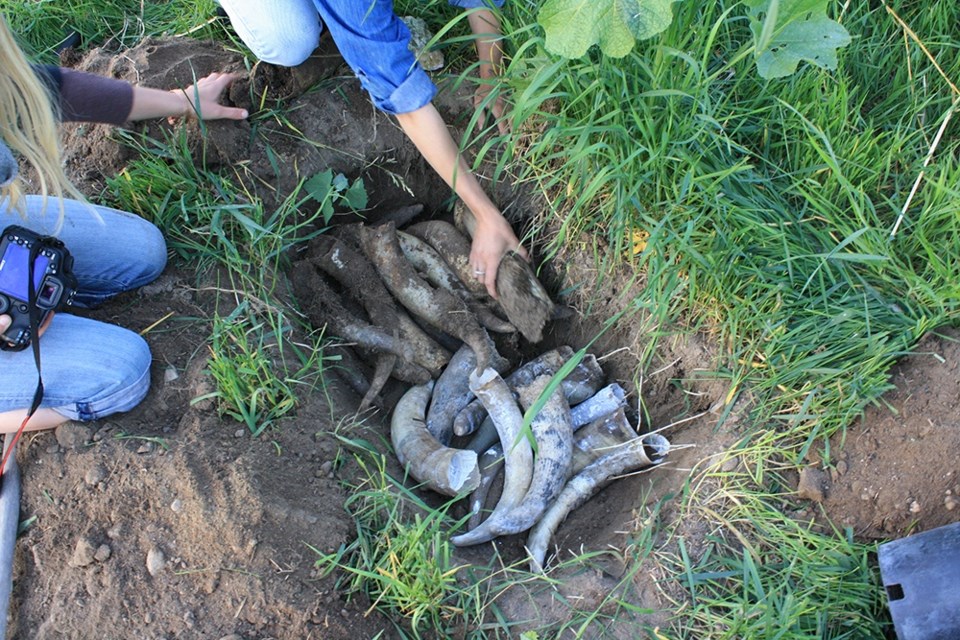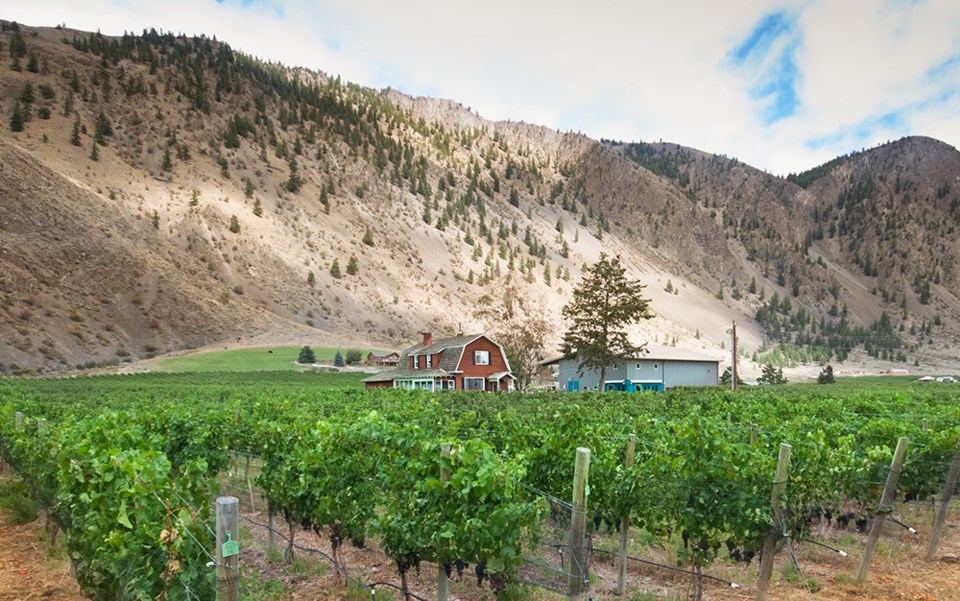Last week, I exposed and the winemakers going down the natural wine path. At the core of these fringe wines is the work done in the vineyard. "Healthy vineyards with balanced ecosystems do not need as much intervention," asserts Jay Drysdale of . His like-minded colleagues agree.
Organic viticulture is a pillar of natural wines, though far from exclusive to them. Nor is it the only end goal. "We're doing it for better winemaking but also to live in better world," says Ann Sperling, owner and winemaker at . Since she and her family took over the Kelowna property in 2009, they have been farming organically and will receive certification as of the 2017 harvest. Sperling has also helped eight wineries across Canada convert to organic (or biodynamic) practices.
One of Sperling's clients was in the Similkameen Valley. Its vineyards have been certified since 2012. "It's disappointing that more vineyards aren't organic," laments winemaker and managing director Michael Clark. "Especially when so much of the other produce here is."
Like the Okanagan, the Similkameen is very dry. It also has the added bonus of regular, persistent winds that keep the vineyards clean. In both valleys disease pressure is low, making organic farming very feasible.

Nevertheless, Clark believes that the fear of losing crop to disease holds others back. Yet he observes fewer problems with disease in his vineyards than neighbouring ones. Organic viticulture emphasizes the health of soil, nourishing it properly so that it can support stronger, more resilient vines than those grown conventionally. "It's actually more challenging to farm conventionally than organically, adds Clark. "The harm to the soil outweighs any benefits."
While there are currently around 10 certified organic vineyards in B.C., Von Mandl Family Estates recently announced its decision to convert and certify all its vineyards to organic viticulture within five years. Its 1,100 acres represent just over 11 per cent of vineyards planted in B.C. Surely this is the turning point for our local industry.
Cynics argue that farming organically costs more. This may be the greatest misconception. All interviewed claim that the amount per acre is the same. What does cost extra is the certification. Summerhill C.E.O. Ezra Cipes estimates $5,000 per year for its vineyards and a whole lot of additional paperwork. Once committed, those accredited are required to log every detail. While this is too onerous for some, in Sperling's perspective, "It's good business practice and gives traceability."

For staunch naysayers, the  designation is a convenient option. Echoing organic principles, it prohibits the use of synthetic or man-made fertilizers, pesticides and herbicides, as well as GMOs. "The paperwork burden is low, the audit is done by peers and the fee is a sliding scale," explains Cipes, who has pioneered the certification in B.C. Summerhill's annual C.N.G. contribution totals a mere $129.
Unsurprisingly, Summerhill was also at the forefront of introducing biodynamic viticulture to B.C. This builds on the foundations of organics with the aim of creating a vineyard that is a completely self-sustaining ecosystem. It verges a little on that wild side we spoke of, or at least the esoteric, timing vineyard and winery tasks with lunar rhythms and using very specific and elaborately concocted natural vineyard preparations to fertilize the soil and fight vine disease.
While Summerhill's Estate vineyard is the only in B.C., Clos du Soleil is actively pursuing certification. Others, like Sperling, are not certified but are avid practitioners. "Organics outlines what you can't do, biodynamics gives you tools that you can add to your kit," Sperling explains.
In the world of healthy vineyard practices, clearly one size doesn't fit all. It's heartening, however, that some of our local wineries are trying on the options.



